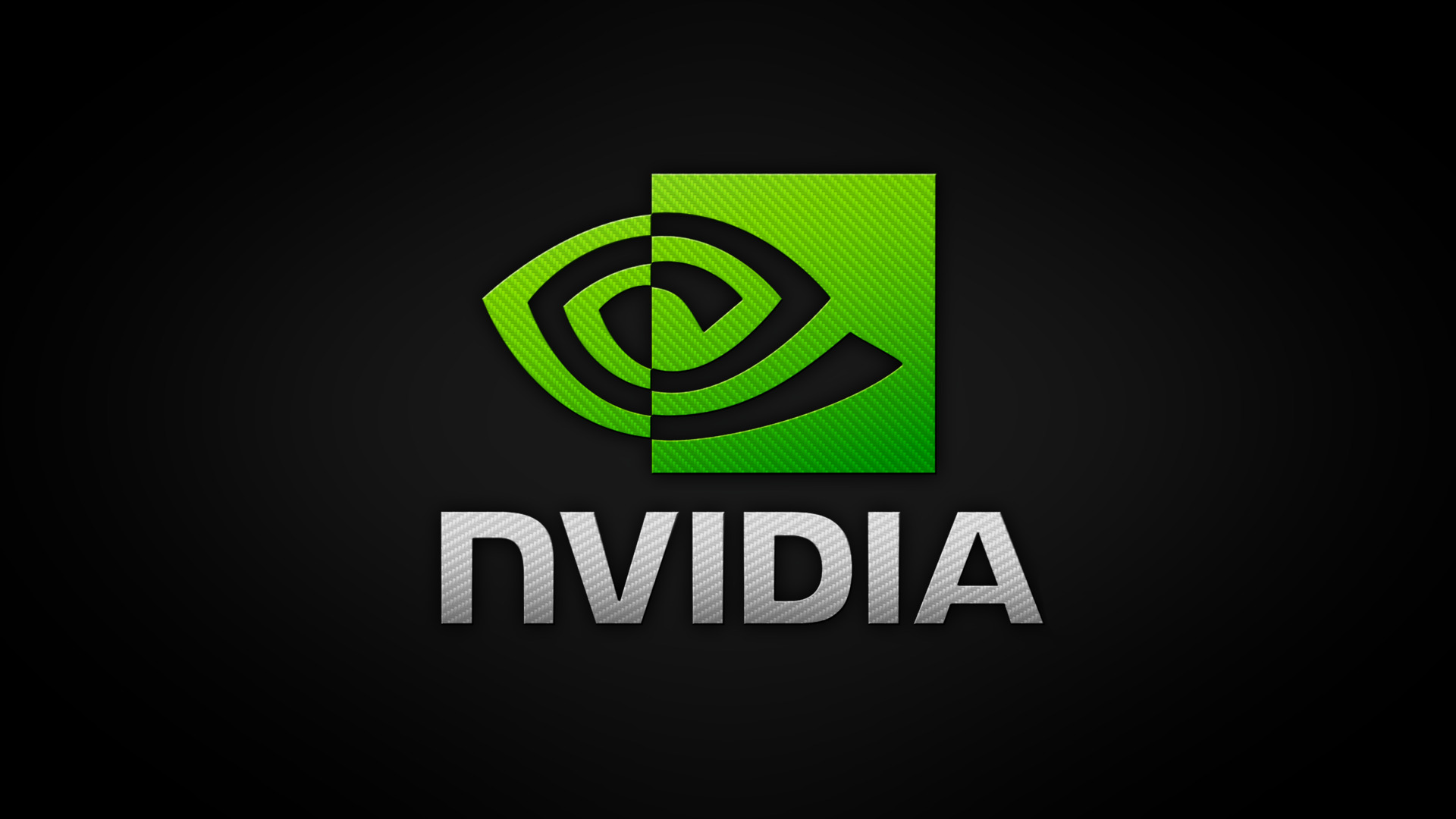 POLICY
POLICY
 POLICY
POLICY
 POLICY
POLICY
France’s antitrust regulator, the Autorité de la concurrence, has reportedly carried out an early-morning raid at Nvidia Corp.’s local offices.
The regulator disclosed the raid on Wednesday without naming the company its officials visited. This morning, the Wall Street Journal reported that Nvidia was the focus of the exercise.
According to the Journal, antitrust raids carried out by the Autorité de la concurrence typically occur in the early-morning hours. Officials from the agency arrive at the office of the company being scrutinized, search the premises and interview employees. In some cases, officials also seize data that may have antitrust relevance.
Though it didn’t name the company that was raided, the Autorité de la concurrence did specify on Wednesday that the company in question is “suspected of having implemented anticompetitive practices in the graphics cards sector.” A press release stated that the raid was “part of the focus put on the cloud” by the regulator. Nvidia is the leading supplier of graphics processing units to cloud data centers.
The chipmaker’s market position has only become stronger over the past few quarters thanks to the surging interest in generative artificial intelligence. Nvidia’s data center revenues jumped 171% year-over-year, to $10.32 billion, in the three months ended July 30. According to the Journal, Citigroup Inc. analysts estimate that the company will have a more than 90% share of the AI chip market going forward.
Nvidia’s dominant market position may be one reason it is drawing antitrust scrutiny in France. The raid suggests that the company could become the subject of a formal antitrust probe, if it isn’t facing one already. The Autorité de la concurrence said on Wednesday that the raid was approved by a judge.
It’s unclear exactly what anticompetitive practices Nvidia is suspected of having employed. In the data center AI market, it faces competition from a large number of other chipmakers. Nvidia’s two biggest rivals are Intel Corp. and Advanced Micro Devices Inc.
Intel spent $2 billion in late 2019 to acquire an AI chip developer called Habana Labs Ltd. Habana sells a processor dubbed the Gaudi2 that it positions as an alternative to Nvidia’s flagship H100 data center graphics card. The Gaudi2 can be used for both training and inference workloads.
Earlier this year, Intel took part in an AI chip benchmark test that also saw the participation of Nvidia. During the test, a cluster of 256 Gaudi chips trained a large language model with 175 billion parameters in just over seven hours. Intel claims the benchmark results demonstrate that Gaudi2 is the “only viable alternative to H100 for training large language models like GPT-3.”
AMD is also working to pry away market share from Nvidia in the AI chip market. This past June, the former company previewed an upcoming AI accelerator called the Instinct MI300 that is optimized for use in data centers. It reportedly features 12 chiplets with 146 billion transistors, or about 60% more than Nvidia’s H100.
Nvidia also facing competition from multiple startups. SambaNova Systems Inc., Cerebras Systems Inc. and a number of other venture-backed chipmakers offer data center processors specifically optimized for machine learning workloads.
Support our mission to keep content open and free by engaging with theCUBE community. Join theCUBE’s Alumni Trust Network, where technology leaders connect, share intelligence and create opportunities.
Founded by tech visionaries John Furrier and Dave Vellante, SiliconANGLE Media has built a dynamic ecosystem of industry-leading digital media brands that reach 15+ million elite tech professionals. Our new proprietary theCUBE AI Video Cloud is breaking ground in audience interaction, leveraging theCUBEai.com neural network to help technology companies make data-driven decisions and stay at the forefront of industry conversations.